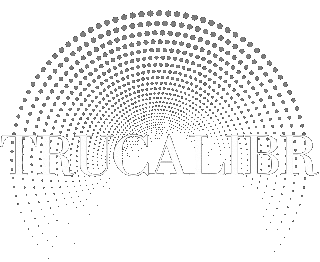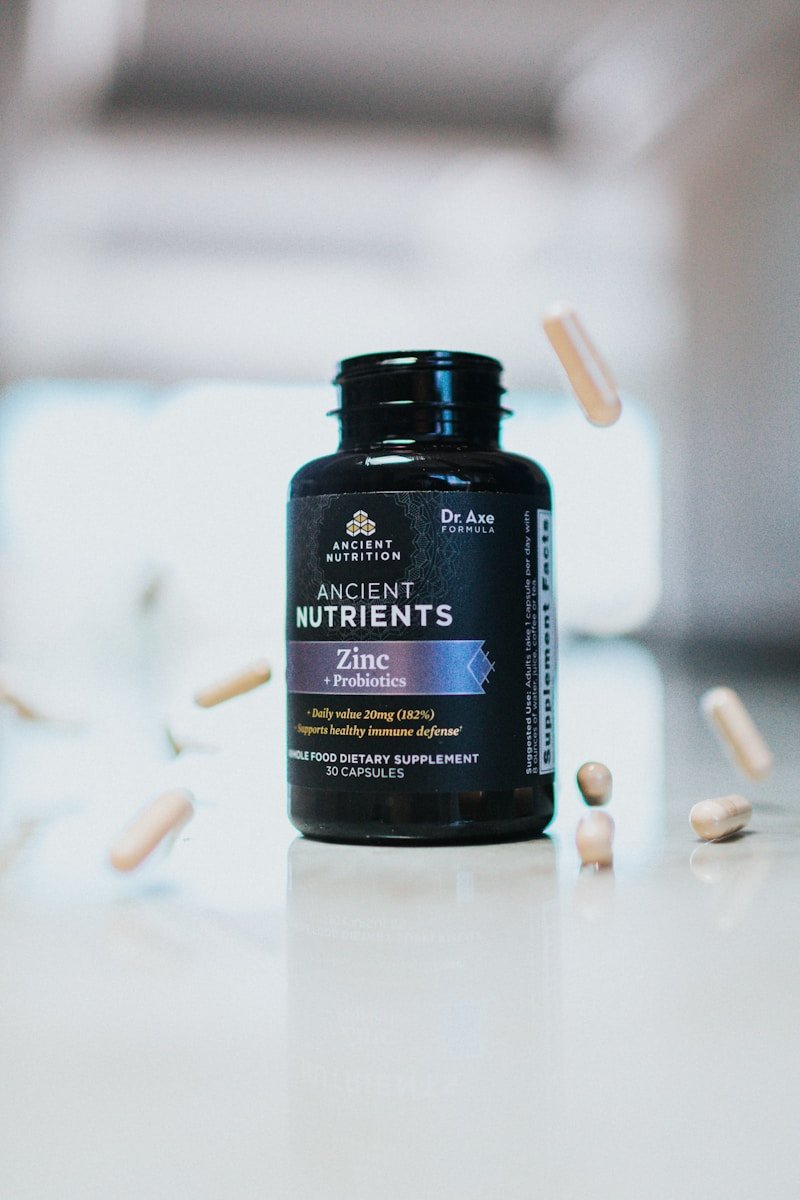The Remarkable Benefits of Zinc
The Impact of Zinc on Hormones
First and foremost, it’s essential to recognize the crucial role that zinc plays in regulating hormone levels within the body. Zinc is a vital micronutrient that acts as a cofactor for over 300 enzymes involved in various metabolic processes, including hormone synthesis and regulation. Without an adequate intake of zinc, the body’s ability to produce and balance hormones, such as testosterone, estrogen, and insulin, can be compromised. Research has consistently demonstrated the significant impact of zinc deficiency on hormone levels, leading to imbalances that contribute to a myriad of health issues, including reproductive disorders, metabolic dysfunction, and mood disturbances.
Furthermore, zinc’s influence on hormone function extends beyond mere regulation; it actively participates in the synthesis and release of key hormones essential for overall well-being. For instance, zinc plays a pivotal role in the production of thyroid hormones, which govern metabolism, energy production, and growth. Additionally, zinc deficiency has been linked to impaired insulin sensitivity and glucose metabolism, highlighting its importance in regulating blood sugar levels and preventing the onset of insulin resistance and diabetes. By ensuring adequate zinc intake, individuals can optimize hormone production and function, promoting optimal health and vitality.
In conclusion, the evidence overwhelmingly supports the critical role of zinc in maintaining hormonal balance and overall health. From its involvement in hormone synthesis and regulation to its impact on metabolic and reproductive functions, zinc emerges as a cornerstone of hormonal well-being. Therefore, prioritizing zinc-rich foods in the diet or considering supplementation under the guidance of a healthcare professional is paramount for supporting optimal hormone levels and mitigating the risk of hormonal imbalances and associated health complications. Let’s not underestimate the power of zinc in nurturing our hormones and fostering a state of vibrant health and vitality.

Zinc FAQ
What is zinc?
Zinc is a trace mineral that is essential for human health. It plays a crucial role in numerous bodily functions, including immune function, wound healing, DNA synthesis, and cell division.
Why is zinc important?
Zinc is important for a variety of reasons:
- It is necessary for the proper functioning of the immune system, helping to fight off infections and illnesses.
- It plays a key role in wound healing, helping to repair damaged tissues.
- Zinc is involved in the synthesis of DNA, which is essential for cell growth and division.
- It is also important for maintaining healthy skin, hair, and nails.
What are the sources of zinc?
Zinc is found in a variety of foods, including:
- Meat
- Seafood
- Dairy products
- Nuts and seeds
- Whole grains
- Legumes
- Fortified foods, such as breakfast cereals
Supplements are also available for those who may not get enough zinc through their diet.
What are the symptoms of zinc deficiency?
Zinc deficiency can lead to a variety of symptoms, including:
- Weakness or fatigue
- Loss of appetite
- Delayed wound healing
- Hair loss
- Impaired immune function, leading to frequent infections
- Changes in taste or smell
Can you consume too much zinc?
Yes, it is possible to consume too much zinc, which can lead to adverse health effects. The recommended daily allowance (RDA) for zinc varies depending on age, sex, and other factors. Consuming excessive amounts of zinc can cause symptoms such as nausea, vomiting, diarrhea, and stomach cramps. Long-term excessive intake of zinc can also interfere with the absorption of other minerals, such as copper and iron.
Who may benefit from zinc supplements?
Zinc supplements may be beneficial for certain groups of people, including:
- Individuals with inadequate zinc intake through their diet
- Vegetarians and vegans, who may have lower zinc absorption due to the presence of phytates in plant-based foods
- Pregnant and breastfeeding women, who have increased zinc needs
- Individuals with certain medical conditions that may increase zinc requirements or interfere with zinc absorption
However, it’s important to consult with a healthcare professional before starting any new supplement regimen.
Are there any interactions with medications?
Yes, zinc supplements can interact with certain medications, including:
- Antibiotics: Zinc can reduce the absorption of some antibiotics, so it’s best to take zinc supplements at least 2 hours before or after taking antibiotics.
- Penicillamine: Zinc can reduce the absorption of penicillamine, a medication used to treat rheumatoid arthritis and Wilson’s disease.
- Diuretics: Some diuretics can increase the excretion of zinc from the body.
If you are taking any medications, be sure to talk to your healthcare provider before taking zinc supplements.
Conclusion
Zinc is an essential mineral that plays a critical role in numerous bodily functions, including immune function, wound healing, DNA synthesis, and cell division. It is found in a variety of foods, and supplementation may be necessary for certain individuals who have inadequate intake or increased needs. While zinc deficiency can lead to various health problems, consuming excessive amounts can also have adverse effects. It’s important to maintain a balanced diet and consult with a healthcare professional before starting any new supplement regimen to ensure optimal health and well-being.







